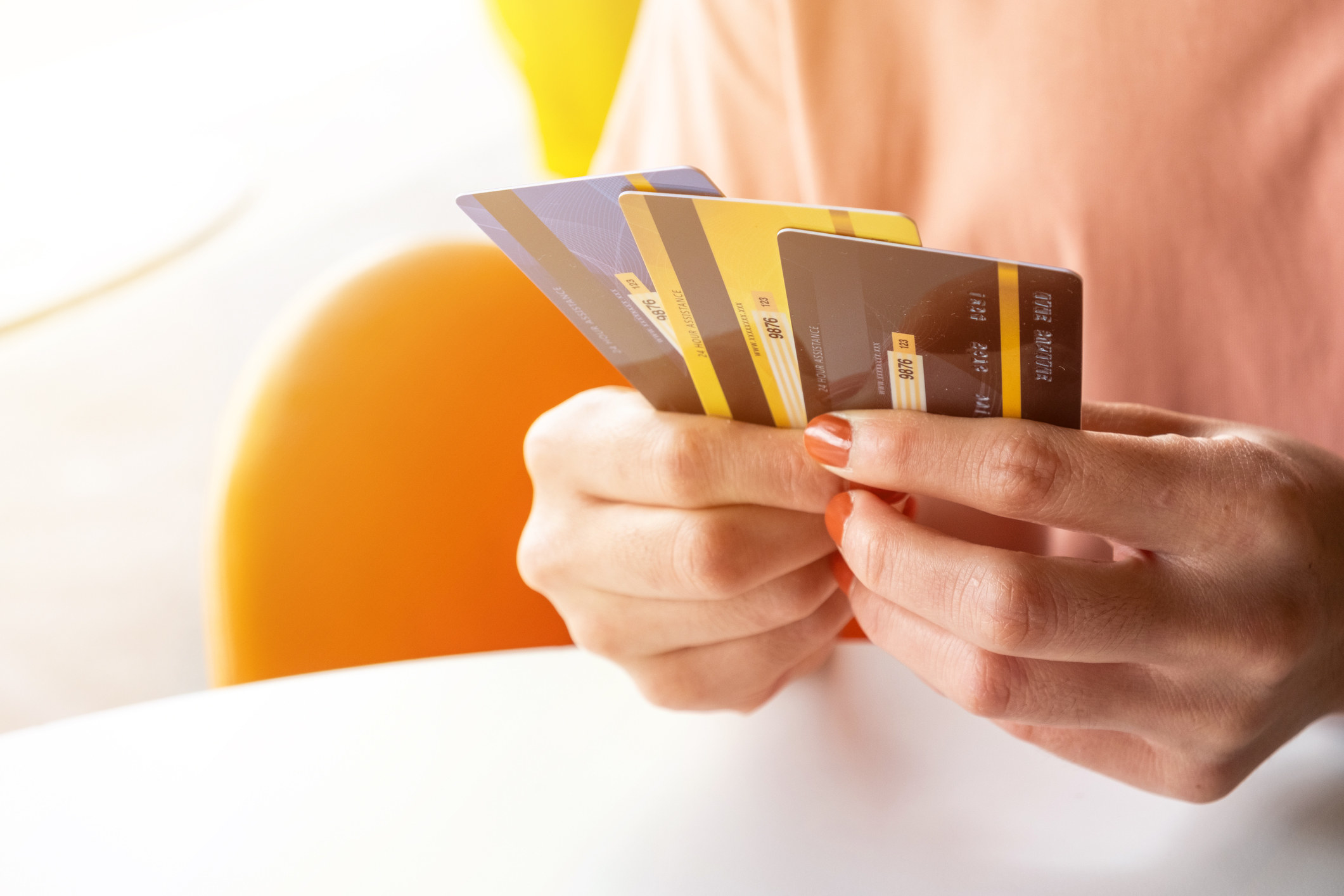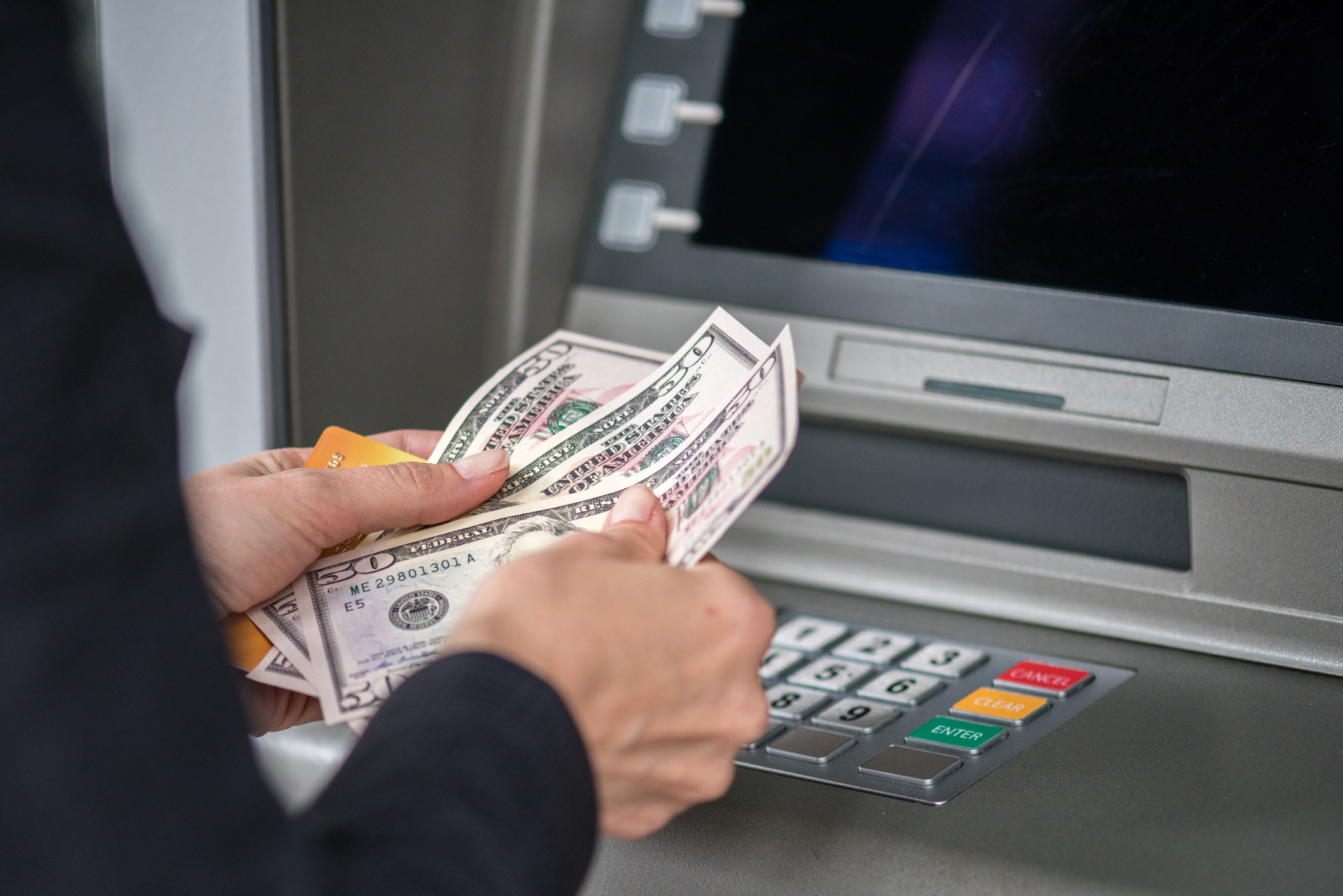We hope you love the services we recommend! All of them were independently selected by our editors. Just so you know, BuzzFeed may collect a share of sales or other compensation from the links on this page if you decide to shop from them.
After I opened my first credit card in my early twenties, I ~thought~ I had everything under control. I used it just once, to buy a new laptop after my old one finally died. But because I only paid the minimum each month, two years later I still owed basically the same amount and felt totally trapped.
Sadly, stories like mine are super common but they don't have to be. Since then, I've learned a lot about using credit responsibly by paying on time and keeping my balances low. I paid off my debt, and these days I'm all about making my credit cards work for me (hello, cash back).
So here are 21 things everyone in their twenties should know about credit cards:
BTW, don't feel bad if some of this stuff is new to you! You're definitely not alone. I've totally been there, and learning more about credit cards was the first step that helped me get my debt situation under control.
1. A credit card might look like a debit card but the way it works is totally different.
2. Credit cards come with credit limits, and you should try to avoid hitting yours.
3. Having a credit card could help or hurt your credit score, depending on how you use it.
4. Credit card companies make money by charging interest and fees.
5. Most credit cards offer a grace period when interest charges aren't applied but only if you pay in full every month.

6. But after the grace period, interest charges start getting added to your balance.
7. Most credit cards have variable interest rates, which means that the amount of interest you pay on the same amount of debt can change over time.
8. Making the minimum payment every month may keep debt collectors off your back, but if you can afford to pay more, you should.

9. If you miss payment, you can get hit with extra late fees. But you might be able to get a fee waived if you usually pay on time.
10. If you're in the US, a credit card can offer more protection against fraud than a debit card.
11. Knowing your credit scores and having your goals in mind will help you choose a credit card that works for you.
12. Secured credit cards can be a helpful tool to build credit or rehab a low credit score.
13. And if you're in school, you might also be able to qualify for a student credit card.

14. Rewards cards can be great, but only if you have a great track record of paying your card off in full every month.
15. On the other hand, low-interest credit cards skip the rewards and can save you some cash if you do wind up carrying a balance.
16. Balance transfer credit cards can help cut credit card debt by temporarily lowering your interest rate but you should do the math before you apply.
17. Closing a credit card can actually hurt your credit scores.
18. You can get a cash advance from your credit card but that doesn't mean that you should.

